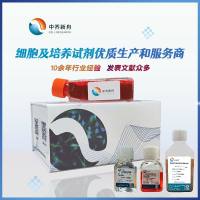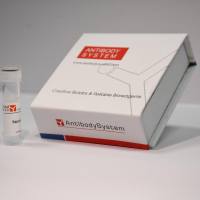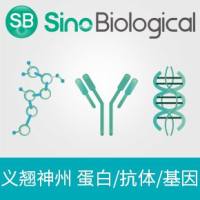Endothelial Cell Migration Assay: A Quantitative Assay for Prediction of In Vivo Biology
互联网
361
Angiogenesis, the growth of new blood vessels from preexisting ones, is one of the essential phenotypes of tumor formation and is also important in a number of normal physiological processes including growth and development (1 ), wound healing (2 ), and reproduction (3 -5 ). An inadequate amount of angiogenesis contributes to ulcer formation (6 ), and excessive angiogenesis contributes to the pathology of a number of conditions including arthritis, psoriasis, and solid tumors. In a series of now classic experiments, Folkman and colleagues demonstrated that solid tumors could not grow any larger than 2 to 3 mm in diameter without being able to induce their own blood supply (7 ). Whether or not angiogenesis occurs in a particular tissue depends on the balance between the relative amounts of molecules that induce and molecules that inhibit angiogenesis (8 ). In normal tissues, blood vessels are usually quiescent and cells usually secrete low levels of inducers and high levels of inhibitors.









